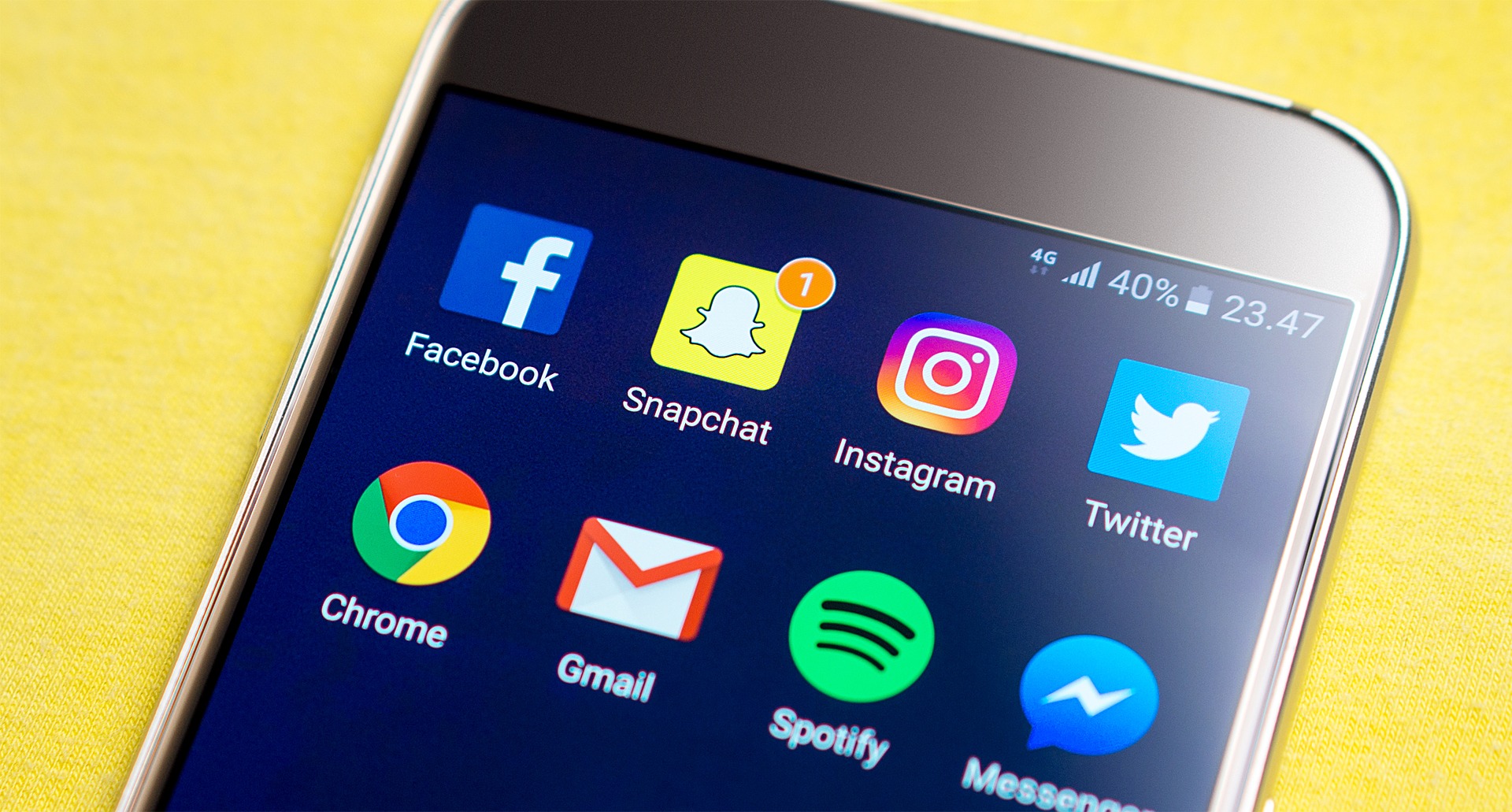In late 2012, Mark Zuckerberg travelled to Evan Spiegel’s hometown to convince to him to sell Snapchat to Facebook.
I recently read this Forbes article which details the two tech entrepreneur’s first meeting, and found it really interesting. Spiegel would only speak about the meeting a few years later and it doesn’t sound like Zuckerberg was out to woo the Snapchat founder.
Instead, Zuckerberg said Facebook was planning to release a similar app, signaling the end of Snapchat. “It was basically like, ‘We’re going to crush you,'” Spiegel told Forbes about the meeting.
At the time, Snapchat was just two years old and not posting any revenue. Zuckerberg saw the potential because the following year, Facebook tried to buy Snapchat again, and it’s reported that Spiegel and co-founder Bobby Murphy turned down a $3 billion offer.
Things didn’t quite go the way Zuckerberg had hoped. In December 2012, Facebook released Poke, after building the app in just 12 days.
Poke was a clone of Snapchat and allowed users to send messages, images and videos that disappeared after 10 seconds. Facebook distributed Poke through its app, and the app went to number one in Apple’s App Store. Almost just as quickly, it started to tumble down the rankings before it was shuttered a year later.
Facebook had another go at its own version of vanishing messages, with its Slingshot app in 2014. Slingshot let users send messages to a group of friends, and you could only view a “shot” after you had sent a message back to the sender.
For some in the tech media, Slingshot was doomed to fail from the start. TechCrunch’s Jordan Crook described the app as another attempt to “capture the Snapchat audience”.
It was increasingly looking like Spiegel had hedged his bets and won.
Then came 2016, and the launch of Facebook-owned Instagram’s version of Stories. Nearly identical to Snapchat, with Instagram’s Stories users can create slideshows of images or videos that disappear. A year after its launch Instagram’s number of daily users climbed by 200 million.
It appears the massive growth comes at a high price for Snapchat. Analysts fear the worst for the multimedia app, as its financial results continue to fall far short of expectations.
In terms of social media marketing for business, Instagram and Snapchat are different channels, and they appeal to different target audiences. Instagram CEO Kevin Systrom, in response to the copycat allegations, said it is the nature of the tech industry to take innovations from competitors and adapt them for your platform. Systrom points to the fact that on Instagram, users can rewind their Stories.
Instagram vs Snapchat by the numbers:
Snapchat
- Snapchat has 178 million daily users
- The app reaches more than 70% of people aged between 13 years old and 34 years old in the US, France, the UK, and Australia
- It’s most popular with teens in the United States of America, according to a new study from a US firm. The survey found that 47% of teens interviewed said Snapchat is their “preferred social media”.
- The majority of the users are younger than 24 years old
- Instagram has 500 million daily active users
- In total, 59% of all adults in America using the internet use Instagram
- Around 25% of Instagram users in 2016 were between 25 years old and 34 years old
Potential to change demographics of Snapchat’s key user base
Last week, Spiegel announced that a Snapchat redesign would focus on attracting users over the age of 34 years old. While popular with young users in the US, France, the UK and Australia it will prioritise expanding this reach to other parts of the world.
Ps. More than 20 years ago, one of tech’s most famous entrepreneurs, Steve Jobs, once said Picasso was right on the money when he said: “Good artists copy. Great artists steal”. Very fitting on this story, though it sounds like Jobs had a change of heart, as Apple sued its competitors during a patent lawsuit in 2010.
To get started on Instagram ads, click here
For Snapchat advertising, click here
